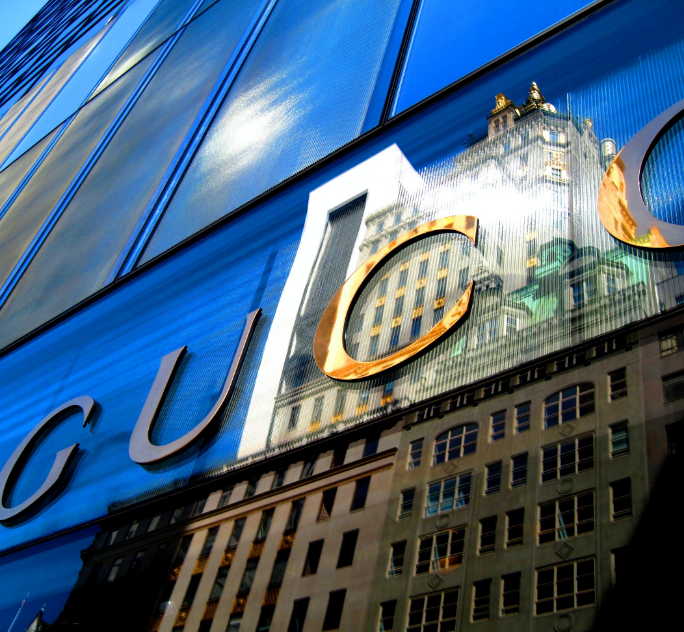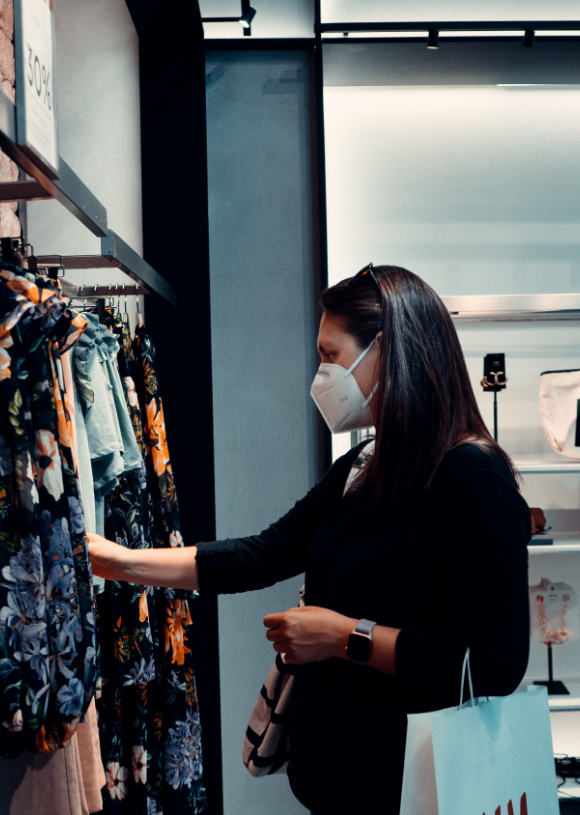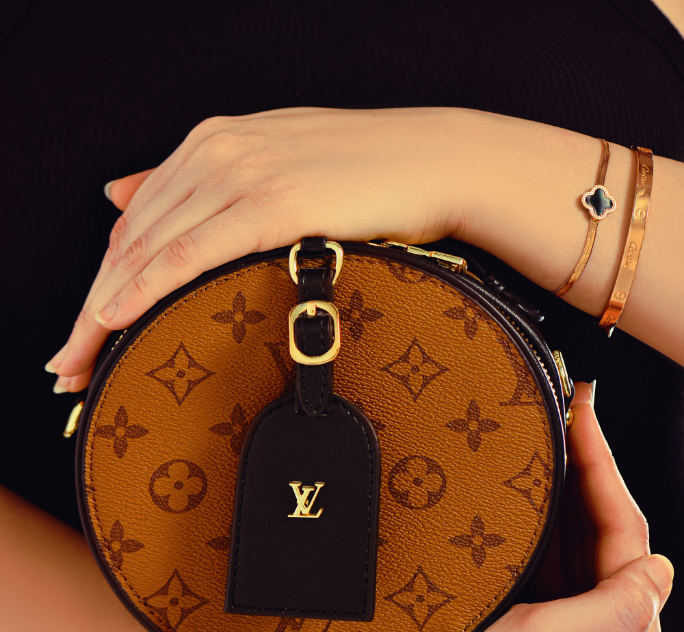From labor shortages to supply chain woes and rising interest rates, stability seems like a far-away prospect for businesses across a range of industries. Add the looming prospect of another recession, and it's easy to see why business leaders are worried. Amid all this, however, one niche is still poised to thrive: the luxury industry.
Fashion, hospitality, automotive...every corner of the luxury business is posting impressive numbers and projecting further improvements in the months and years to come. This expectation is exemplified by an analysis from McKinsey, which reveals that, while fashion, in general, will see significant struggles in 2023, the luxury niche will boast impressive growth of up to 10 percent. Meanwhile, market research company Euromonitor anticipates that the global market for luxury jewelry will exceed $60 billion in 2023.
Luxury's ongoing growth might seem surprising to some, given the wide scale slow down across many other industries. The luxury business, however, has a long tradition of weathering economic downturns with relative ease. Below, we explore what, exactly, makes this industry so resilient and how it's expected to overcome today's most pressing challenges.



